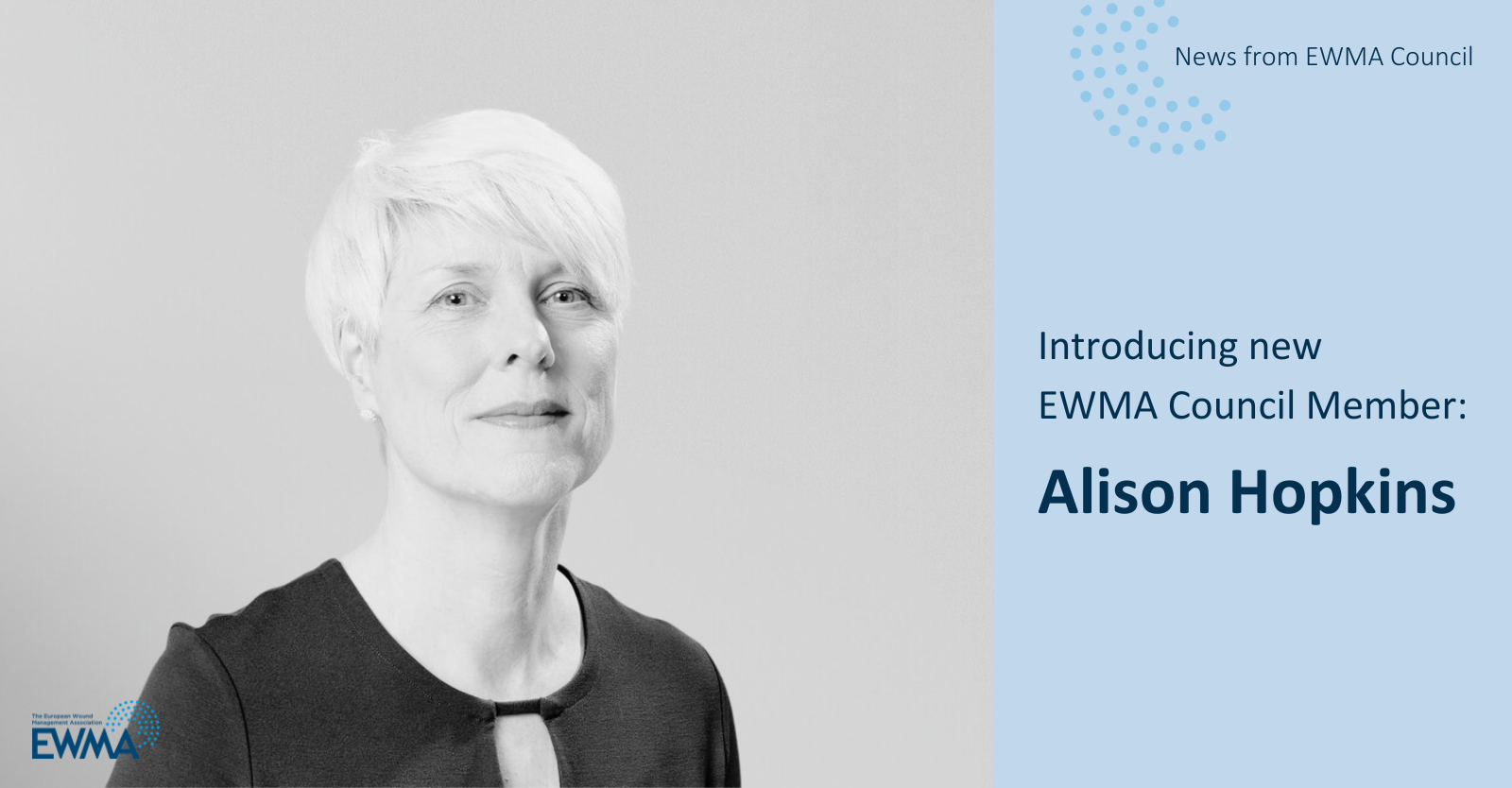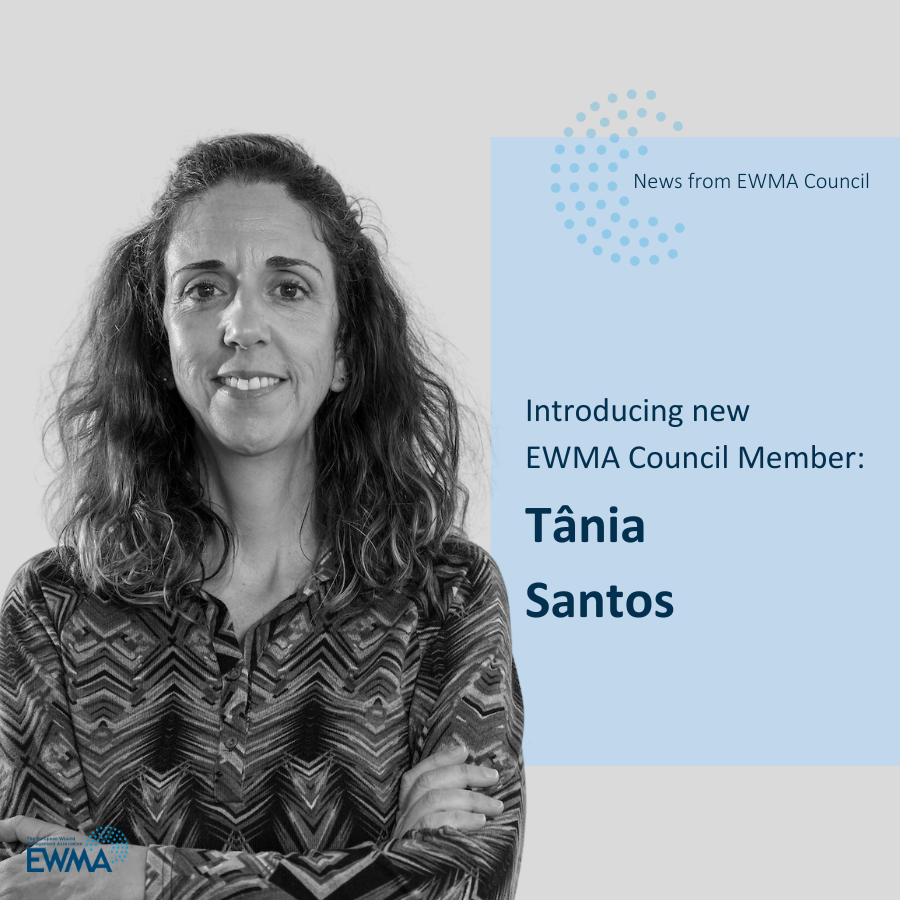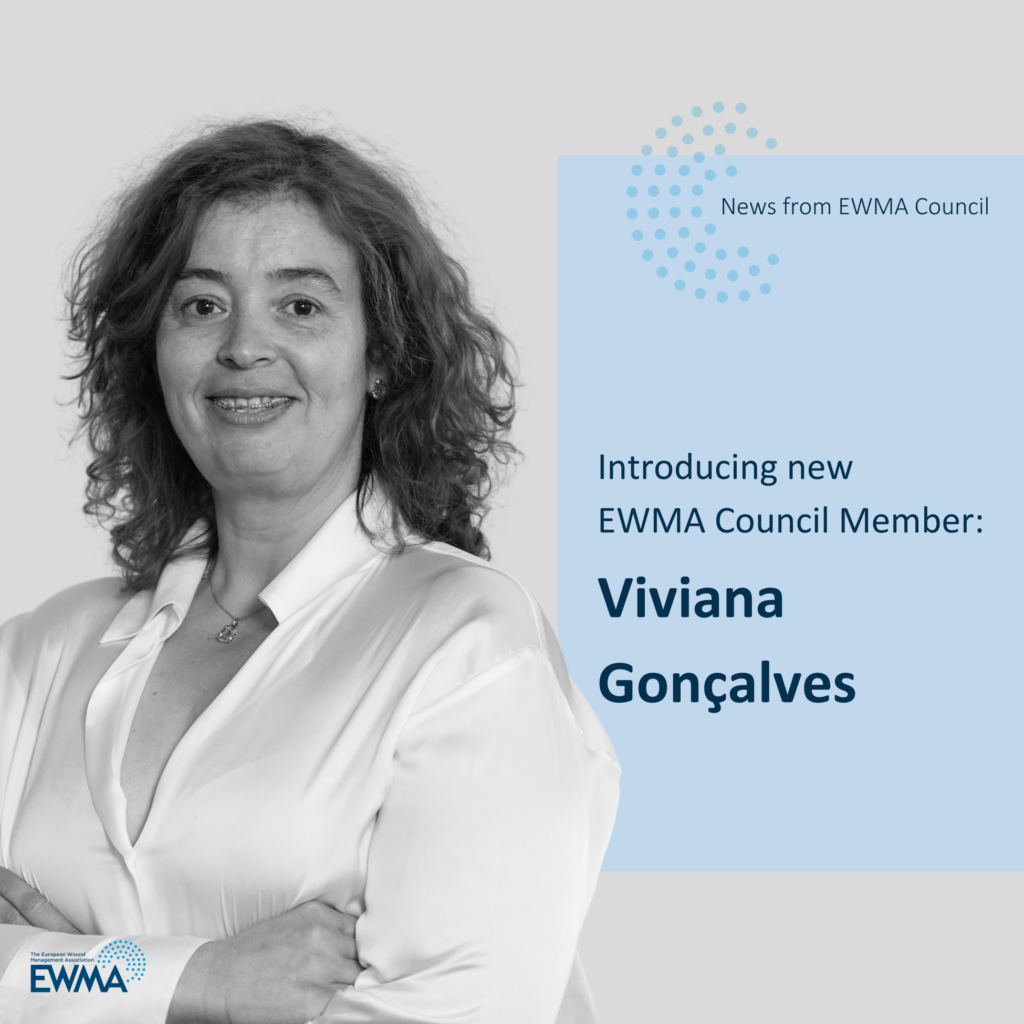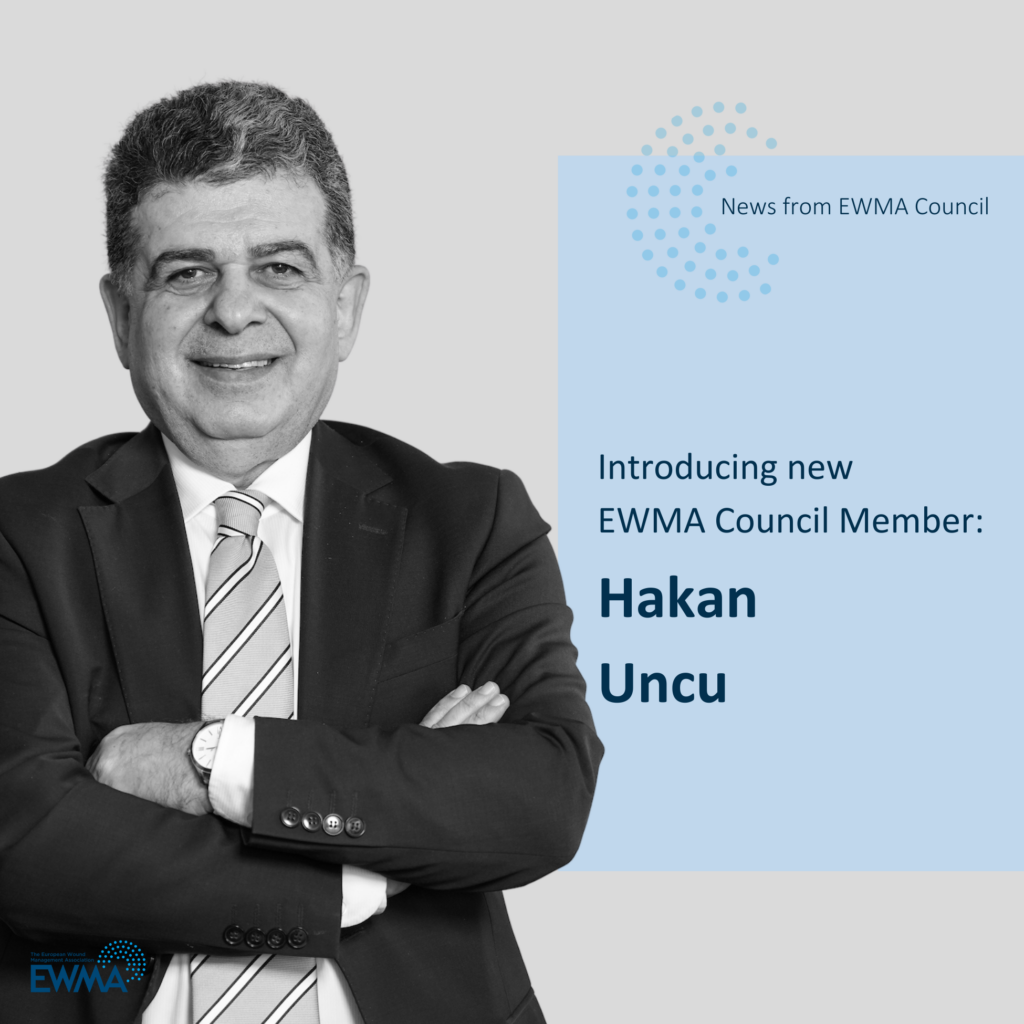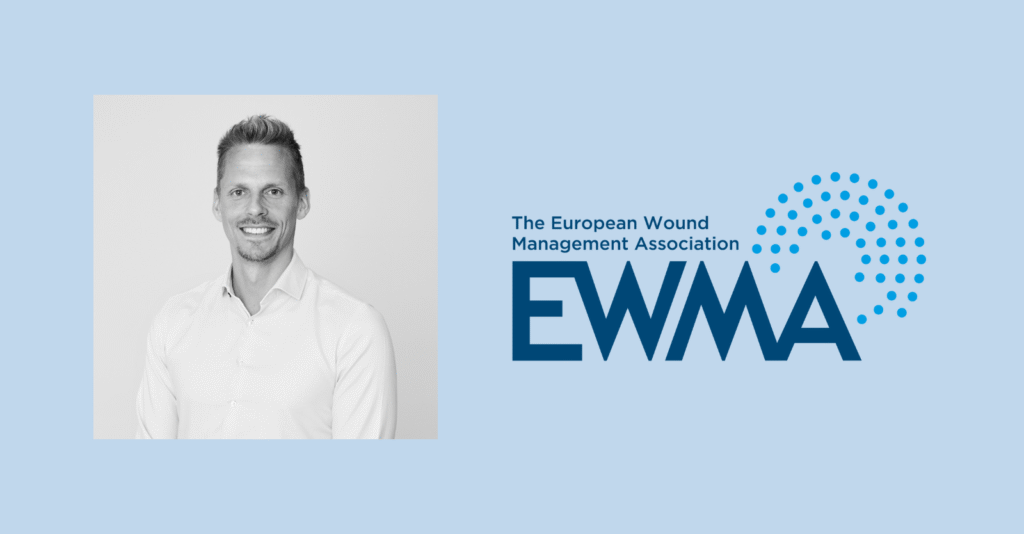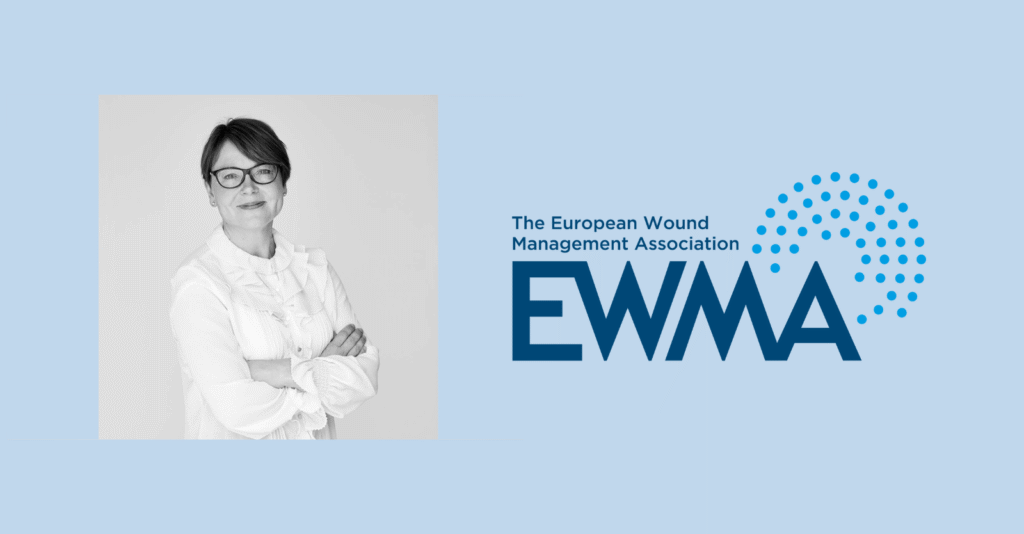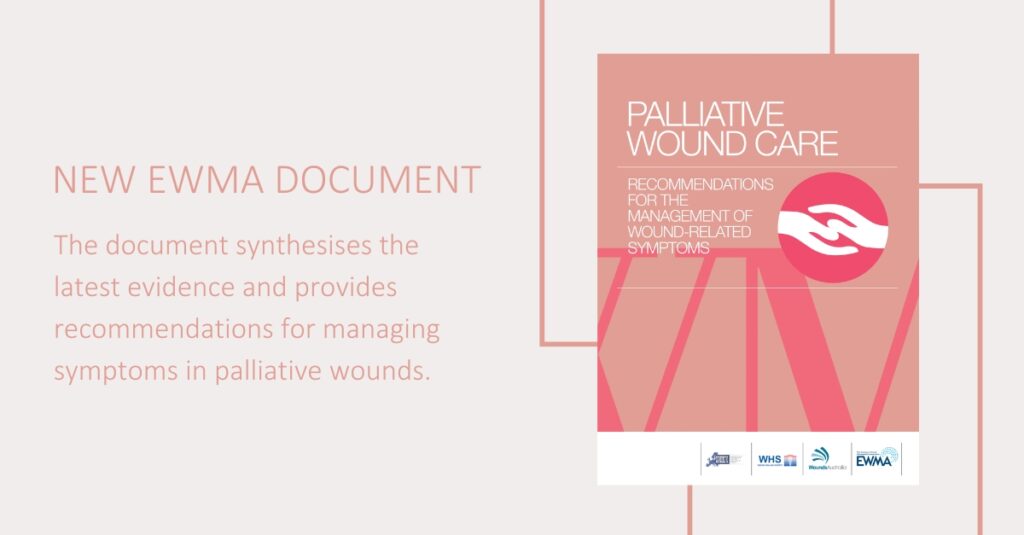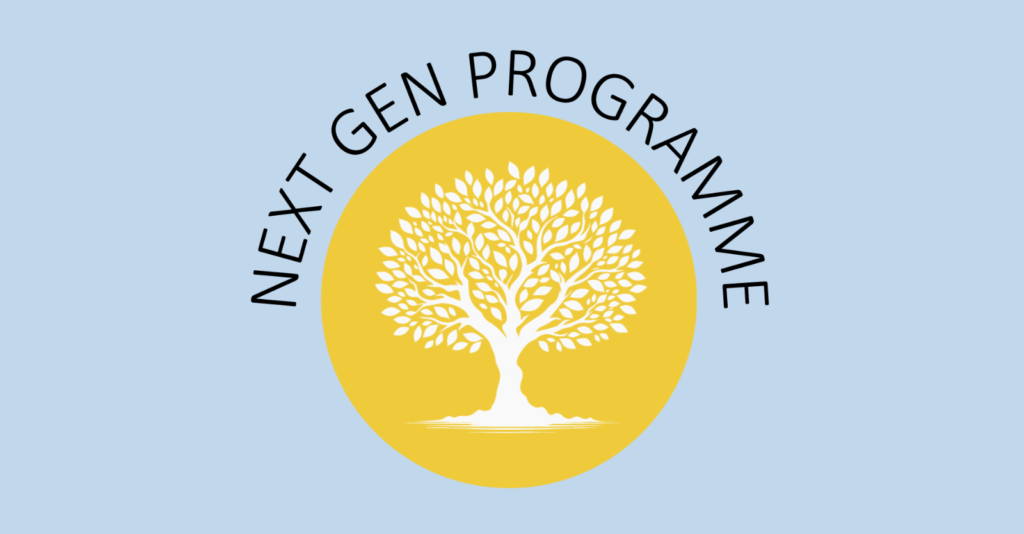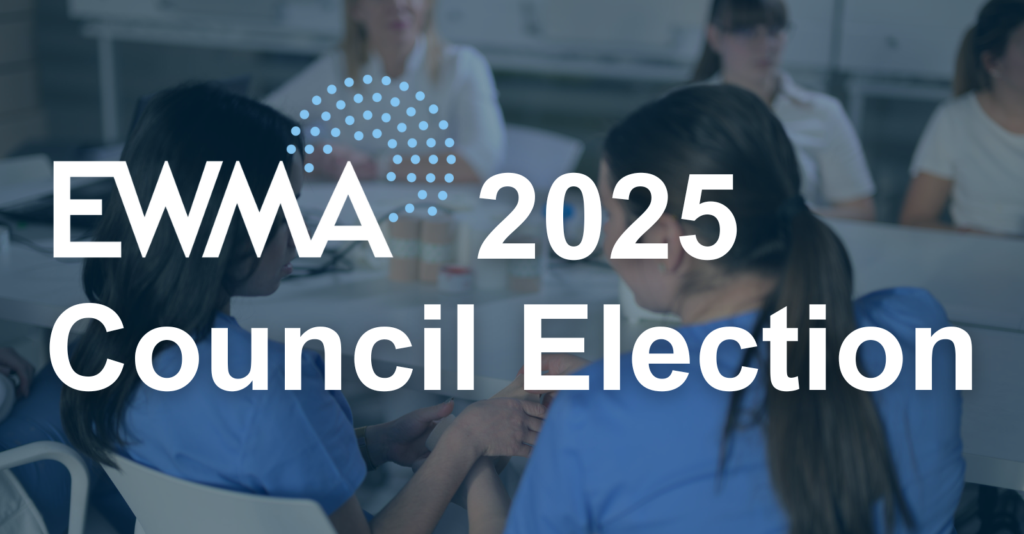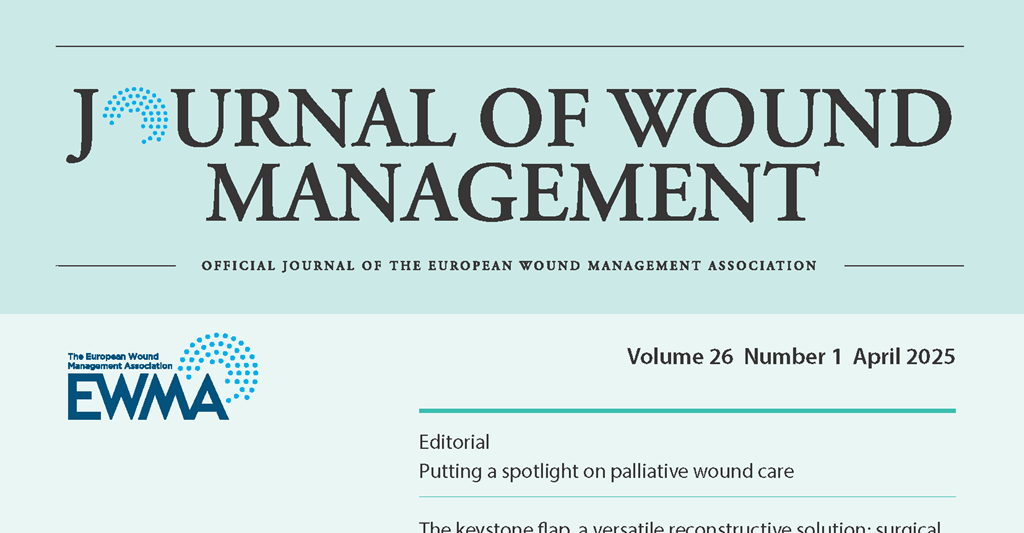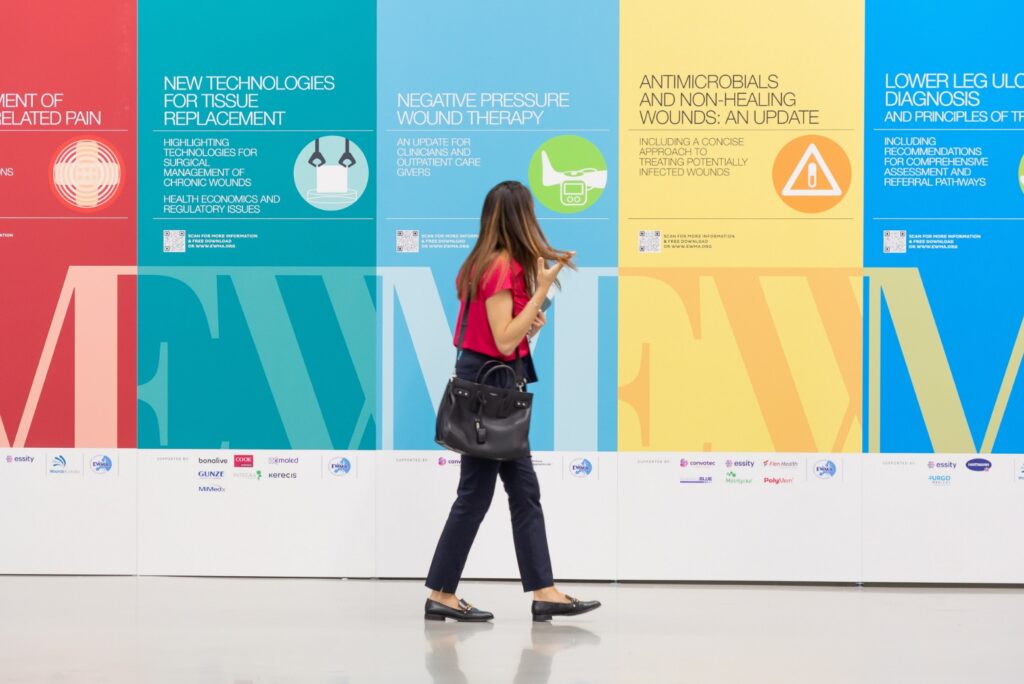This is the first article in a series introducing the new EWMA Council members. Alison brings extensive experience as a Chief Executive with a strong background in community nursing and tissue viability.
About Alison Hopkins
Alison Hopkins is the Chief Executive, but she began her career in healthcare as a District Nurse, managing a community caseload with a focus on leg ulcers and compression therapy. Her professional development includes a lifelong interest in leg ulcers, which began in 1987 when she was tasked with developing a comprehensive plan to address leg ulcer management. This led to her writing the first guidelines on the subject in 1989.
How Did Alison Start Working in Wound Care?
Alison’s journey in wound care began in 1987 when, as a District Nurse, she recognized her limited knowledge about leg ulcers and was given six months to delve into the subject and develop a treatment strategy. This experience sparked her enduring interest in leg ulcers and compression therapy.
Encountering EWMA
Alison has been involved with EWMA since 1995, after becoming a specialist nurse. Her long-standing membership has allowed her to deeply engage with the organisation’s activities and initiatives.
Joining the EWMA Council
Alison’s involvement in the EWMA Compression therapy program has provided the opportunity for her to work collaboratively with others, learn about the varied approaches across Europe, and identify common challenges and barriers.
“I very much look forward to extending this learning and supporting a programme of impactful change,”
she states, expressing her enthusiasm for contributing to EWMA’s mission.
The Strength of EWMA
For Alison, the strength of EWMA lies in its collaborative community, its focused mission, and the continuous learning and sharing that it facilitates. She views EWMA as a platform for fostering cooperation and spreading knowledge throughout the wound care field.
Future Challenges and Opportunities in Wound Care
Looking to the future, Alison emphasizes the need to broaden the conversation beyond traditional wound care circles.
“We need to find ways of getting out of our echo chamber,”
she explains.
Her vision includes engaging non-wound care specialists, particularly in primary care, to foster broader collaboration and increase advocacy for change. She believes EWMA has a crucial role in leading these efforts and working collaboratively with national societies to amplify the voices calling for improvement in wound care practices.
This article is part of a series where we introduce our four new Council Members.
Read the other articles in the series to learn more about Tânia Santos, Viviana Gonçalves and Hakan Uncu:
